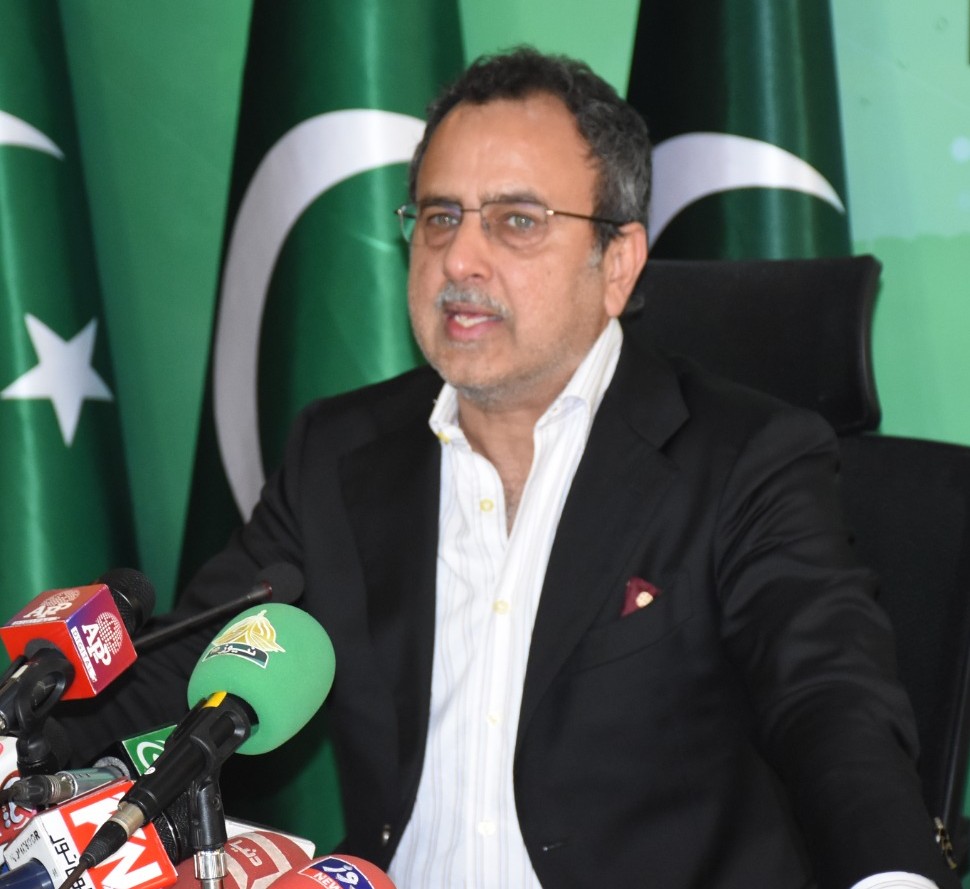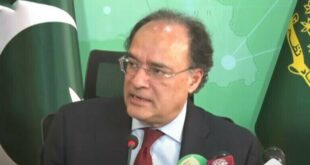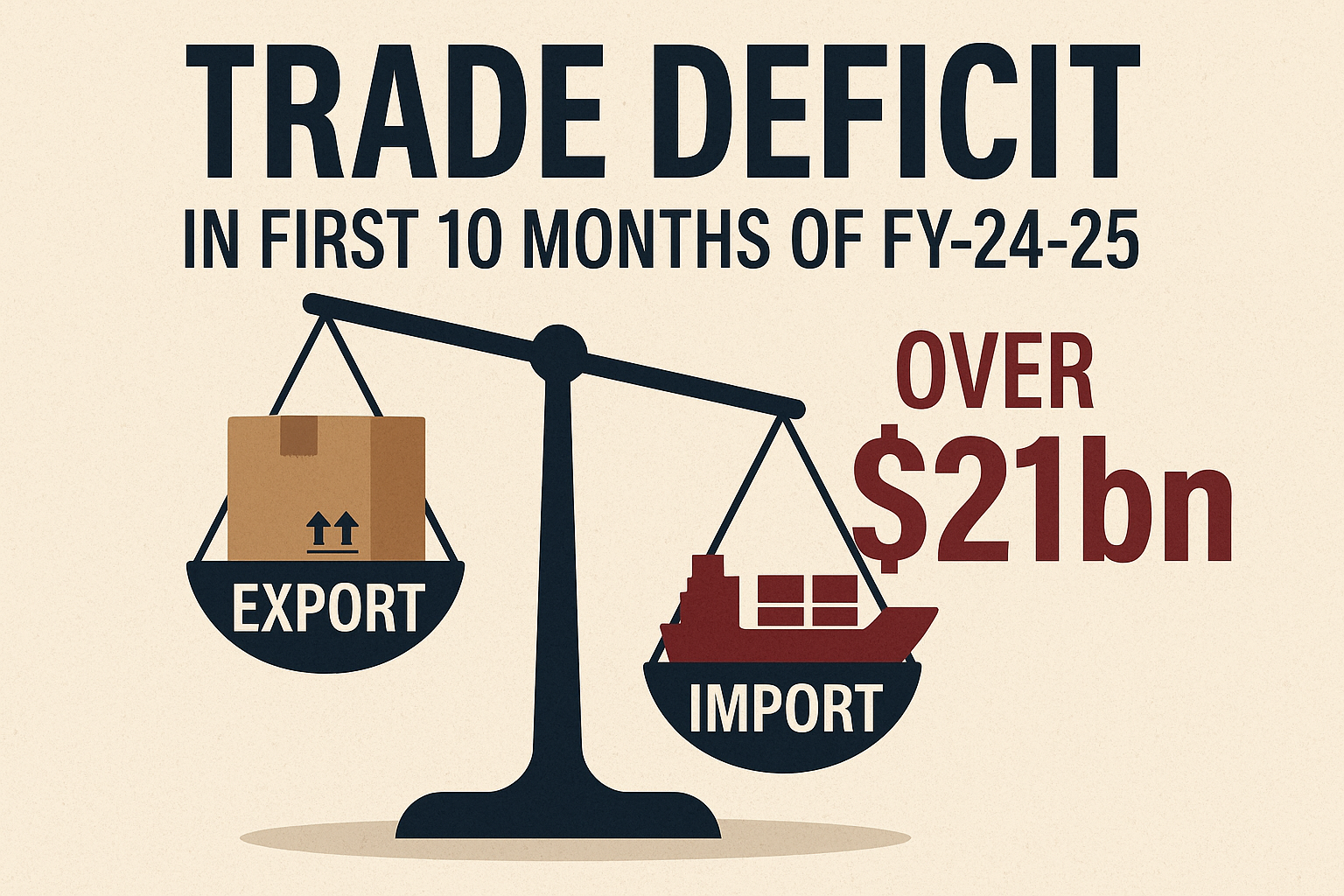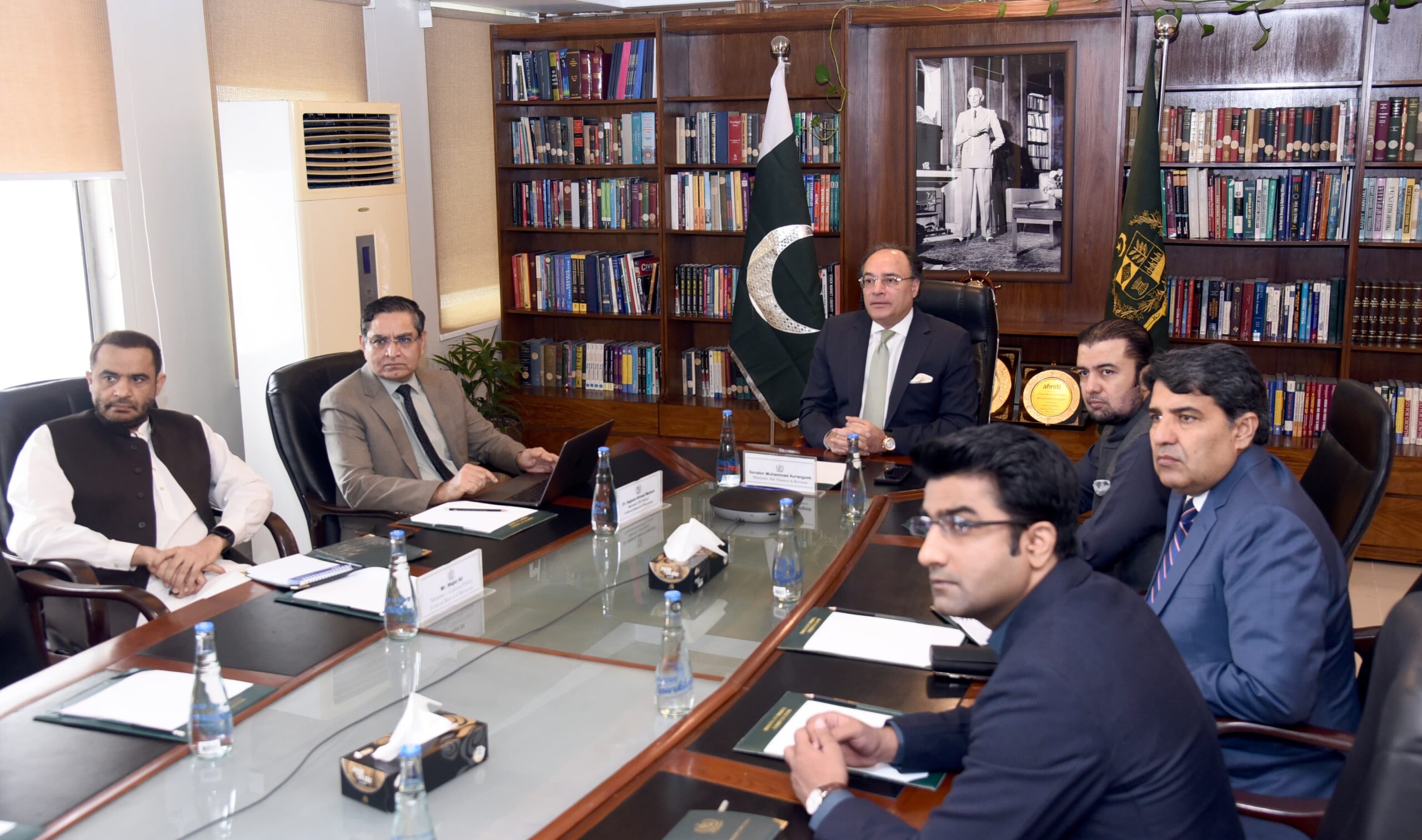
Federal Minister for Power, Awais Leghari, announced that the privatization of the electricity distribution system is in progress, and by 2025, the government will no longer manage the buying and selling of electricity.
Addressing a press conference in Islamabad, the minister highlighted that electricity trading between consumers and companies at lower rates will benefit both parties. He expressed his vision of resolving the energy sector’s crisis within the next four years. Industrial electricity costs, which were previously Rs. 58.50 per unit, have now been reduced to Rs. 47.17. Additionally, the annual cross-subsidy burden of Rs. 150 billion on industries has been significantly eased.
Awais Leghari pointed out that the electricity transmission system had become inefficient due to corruption and mismanagement. To address this, the Prime Minister approved a restructuring plan recommended by the Power Division. The National Transmission and Dispatch Company (NTDC) will be divided into three entities, with plans to transform it into an internationally recognized company by February 2025.
The minister mentioned that an independent market operator system has been launched after securing cabinet approval for the relevant legislation. This achievement, stalled for decades, was made possible under Prime Minister Shehbaz Sharif’s leadership. Several critical transmission projects, including the Rahim Yar Khan-Matiari line, the Ghazi Barotha-Faisalabad line, and the southern electricity system, faced delays but are now funded to ensure cheaper electricity delivery.
He emphasized the government’s responsibility to address the energy crisis and deliver its benefits to the public, stating that customer satisfaction will gain even greater importance after the privatization of electricity distribution. He also underlined the need for reforms in NEPRA (National Electric Power Regulatory Authority), with recommendations to be prepared in consultation with NEPRA officials and presented to the cabinet.
Discussing Independent Power Producers (IPPs), Awais Leghari revealed that agreements with 16 IPPs are set to be terminated to reduce electricity rates. He criticized IPPs for financial harm to the government and public, highlighting that halting plans to purchase an additional 17,000 MW of electricity from IPPs saved consumers from a projected burden of Rs. 5,500 billion over the next decade.
The minister disclosed that agreements with five IPPs have already been terminated, resulting in savings of Rs. 411 billion. Optimizing eight sugar mill bagasse plants saved another Rs. 238 billion. He credited Prime Minister Shehbaz Sharif’s leadership and transparency for ensuring no exemptions were made, contrasting this with the previous PTI government, which he accused of protecting IPPs through a forensic audit. He also acknowledged the military establishment, particularly General Asim Munir, for supporting the task force, which helped save Rs. 650 billion from IPPs.
Awais Leghari announced that agreements with 16 additional IPPs would soon be terminated, bringing an estimated Rs. 481 billion in savings. Collectively, the task force and government efforts have saved over Rs. 1 trillion, which would otherwise have gone to IPPs.
He noted that providing electricity at lower rates for three months had reduced average bills and shared plans for privatizing distribution companies, raising questions about how losses would be managed. He stressed that extravagant expenses in IPPs would no longer be tolerated under the current government and emphasized the military’s collaboration in reducing losses and lowering electricity rates.
The minister expressed optimism regarding the significant reduction in circular debt and distribution company losses over the past five months, stating that budget allocations for circular debt might remain largely unspent. With support from the Ministry of Finance, power sector debt restructuring has begun, which is expected to further reduce electricity bills for consumers.
Regarding Balochistan’s tube wells, which incur annual costs of Rs. 85 billion due to unpaid bills, he announced a new program under which 70% of the cost is borne by the federal government and 30% by the Balochistan government. Additionally, a Rs. 55 billion project to convert 2,600 tube wells to solar power is underway, with several already transitioned.
Awais Leghari concluded by sharing that details for the first half of the current fiscal year would be revealed in early January, reflecting progress in reforms and significant improvements in the power sector.
 BeNewz
BeNewz




